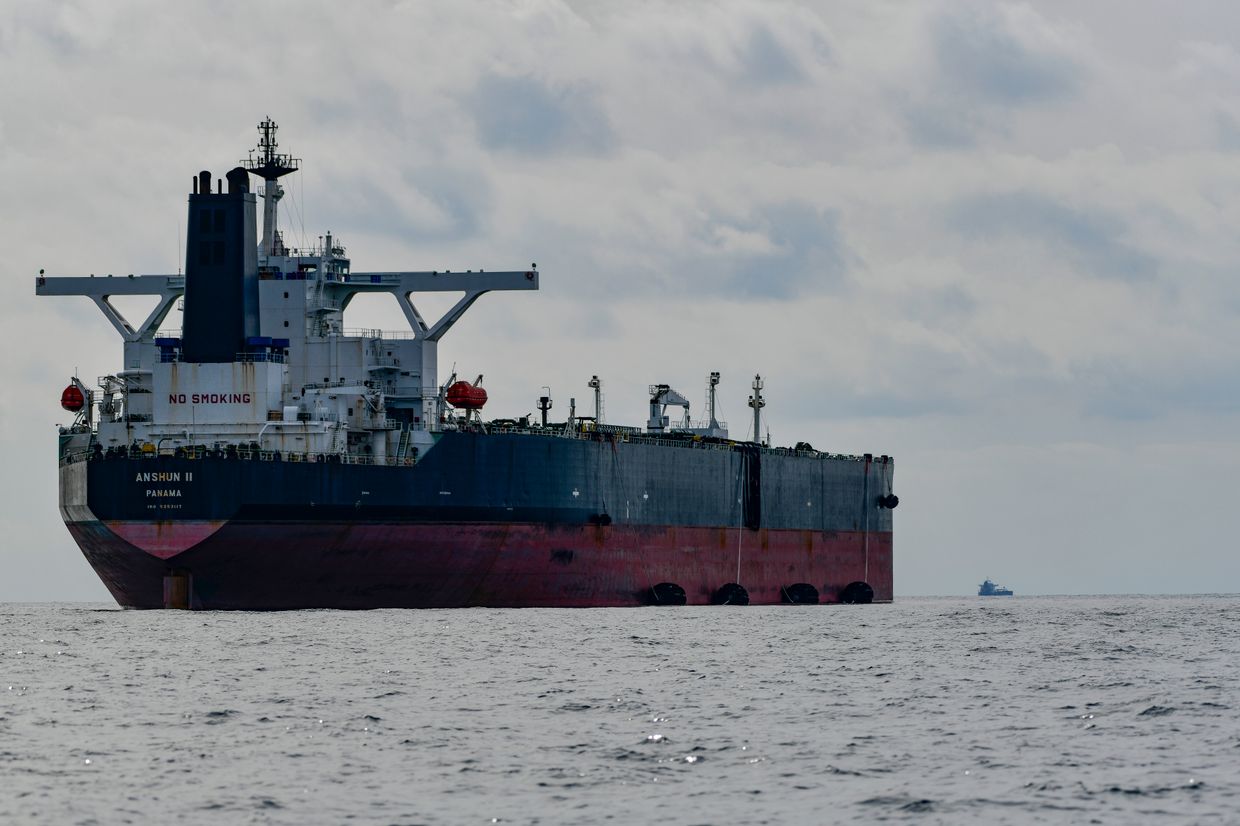Swedish Navy chief says Russian 'shadow fleet' of oil tankers possibly conducting espionage in Baltic Sea

Russia's "shadow fleet" of oil tankers is possibly conducting espionage in the Baltic Sea as well as helping circumvent sanctions on the trade of Russian oil, said Swedish Navy chief Ewa Skoog Haslum, in comments to the SVT public broadcaster published on April 22.
The shadow fleet refers to aging and largely uninsured oil tankers that Russia uses to transport oil above the $60 per barrel price cap that the EU, the U.S., and the Group of Seven (G7) countries imposed in December 2022 as part of the effort to cut Moscow's fossil fuels revenue.
Haslum said some of the ships from the shadow fleet have been found to possess communications and signals equipment not usually associated with cargo vessels, leading to concerns they could be used in "hybrid operations."
The equipment could possibly be used to intercept communications or perform other acts of espionage, she added.
Beyond their use to bypass sanctions and possibly conduct espionage, there has been concern that the shadow fleet could be a potential threat to the environment. The Financial Times (FT) reported in November 2023 that Denmark could start inspecting and potentially blocking the transit of Russian oil tankers operating in its waters without Western insurance.
As Western insurance carriers will not cover ships violating the price cap, the move would likely cause a significant impact to the transit of oil through the Baltic Sea. It is unclear if Denmark has made any progress in implementing the plan.
Haslum echoed the concerns about the possible impact to the Baltic Sea, saying the shadow fleet could become both a "security and environmental tragedy."











